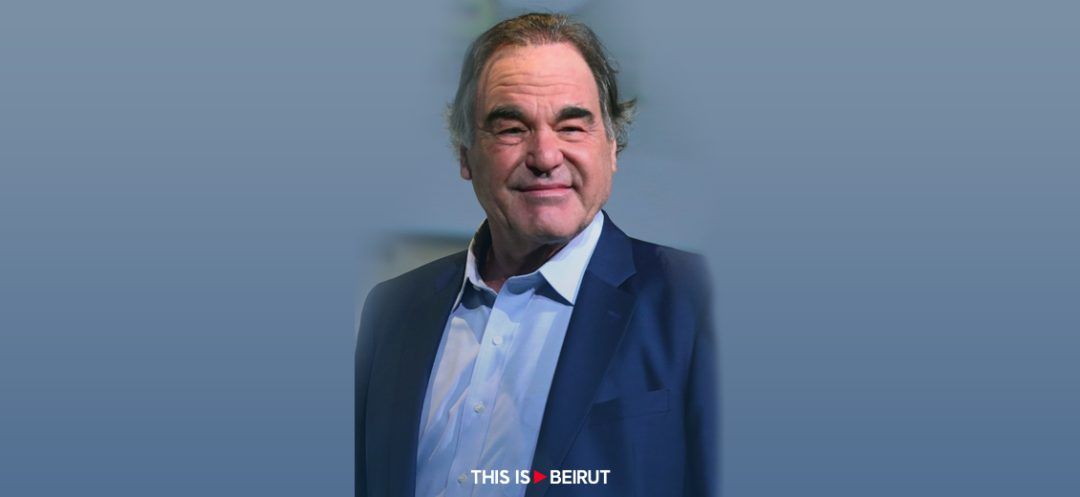
The renowned Hollywood director Oliver Stone is defending nuclear energy as a means to combat climate change in his new documentary, Nuclear Now. This two-hour documentary, presented out of competition at the Venice Film Festival in 2022, features exclusive footage of civilian nuclear facilities in Russia, France and the United States, making a strong case for this energy source compared to fossil fuels.
According to Oliver Stone, nuclear energy has proven its effectiveness over decades. However, its detractors highlight the high risk of accidents and point to the increasing efficiency of renewable energies. In an interview with AFP in Paris, Oliver Stone stated, “I try to be scientific. I am a practical man. And everyone should do the same. We should put ideologies aside.”
The director of Platoon, once part of a generation that, like actress Jane Fonda, campaigned against nuclear power, acknowledges this past opposition. “Opposition to nuclear energy is something that makes us feel good, like virtuous citizens,” but according to him, it lacks scientific foundation.
In December 2022, at the Red Sea International Film Festival in Jeddah, the director, screenwriter and actor told Ici Beyrouth that “the notion of controversy is not necessarily harmful; it can be a powerful force, particularly in the artistic realm. Even a political figure should become acquainted with controversy.”
In his opinion, for example, Émile Zola paid the price for defending Dreyfus. As for Charles Dickens, he focused on the flaws and tensions of society. Regarding his films, Oliver Stone believes they highlight the tensions in American society.
A filmmaker known for his provocative and often controversial works, Stone has always explored politically charged and thorny subjects.
His filmography includes titles such as Platoon, JFK and Born on the Fourth of July, which critically examine certain aspects of American history and government, often sparking public debates and discussions.
His approach to filmmaking is characterized by a willingness to confront uncomfortable truths and challenge the status quo, making him a significant figure in the American cinema landscape. His commitment to exploring complex and often divisive themes has not only earned him numerous awards, but also a reputation as a director unafraid to tackle the complexities of political and social discourse.
The director indicated that the idea for Nuclear Now came to him after reading A Bright Future by Joshua Goldstein and Staffan Qvist, published in 2019. He will be present at Cannes in May 2024 for the premiere of his documentary about Brazilian President Lula.
With AFP
Read more



Comments